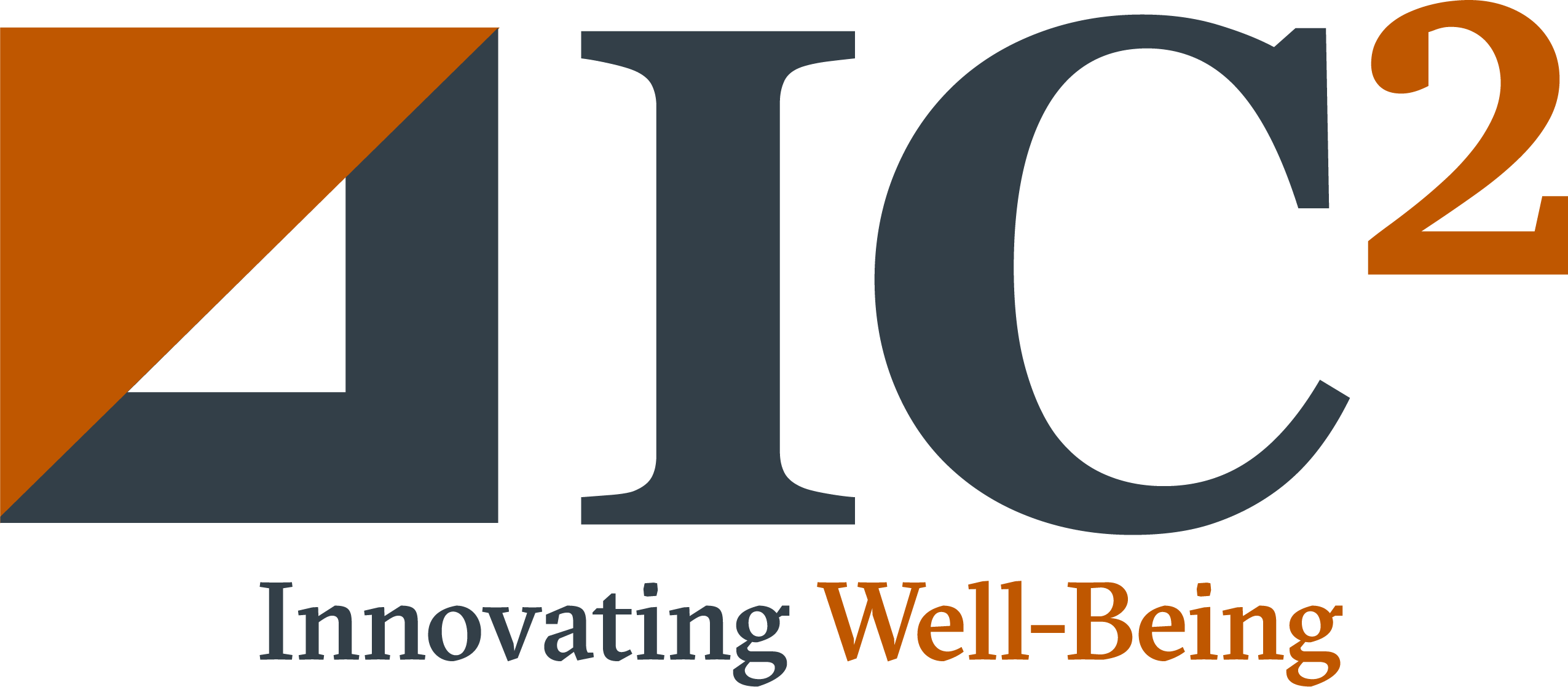Understanding barriers to information diffusion among farmers in Sub-Saharan Africa
More than two billion people live in smallholder farm households around the world. Many of these people are extremely poor and food insecure (FAO, 2015). Low adoption of modern agricultural technologies -such as improved seeds or fertilizers- is considered one of the reasons why agricultural productivity remains low for many of these farmers (World Bank 2007).
Access to better information about the adequacy of different inputs or practices could help farmers make better agricultural decisions. For instance, before adopting an existing type of fertilizer, farmers might want to know whether it is appropriate for their soils, or what the expected benefits are. Many countries employ agricultural extension agents to convey information to farmers about new technologies. However, in many settings, these services are severely understaffed and underfunded (Anderson and Feder, 2007). The result is that few farmers get to interact and learn directly from extension workers. Instead, access to agricultural information for most farmers only happens through social learning -learning from the knowledge and experience of other farmers. In fact, many agricultural extension approaches operate based on the assumption that once one farmer receives a piece of information, he or she will share it with many others.
Yet, many times, this information transmission does not occur.
The research project, funded by IC² and led by myself and Prof. Jack Willis, will study several of the barriers to agricultural information sharing among farmers in rural Kenya. Additionally, we are interested in evaluating policy interventions that could encourage or accelerate this diffusion.
Over the next year, we will study farmers’ behavior and willingness to share agricultural information with others. We will conduct a series of field experiments to test what factors are important and whether there might be cost-effective interventions to target them. Given the importance of social learning to the success of information campaigns -which are widely used in the developing world- we believe that the results will be relevant to several different sectors.
Click here to read more blogs from the IC² Institute.


